The satellite-mounted system/structure that guarantees the combination and retransmission of the satellite signal is called a transponder. The device sends a signal in response to the received one. Such a system makes it possible to broadcast a number of different multiplexes from any satellite and provide a wide range of services. There are two types of satellite transponders: regenerative transponders and curved tubes.
retransmission of the satellite signal is called a transponder. The device sends a signal in response to the received one. Such a system makes it possible to broadcast a number of different multiplexes from any satellite and provide a wide range of services. There are two types of satellite transponders: regenerative transponders and curved tubes.
Philistines are used to calling transponder frequencies that are broadcast from a satellite, although, in fact, this is a device that broadcasts on this particular frequency.
Bent pipe transponders
This kind of transponder takes over the signal of the microwave spectrum. It reorganizes the frequency of the input signal into an RF frequency and then increases it. Such a device is suitable for relaying analog and digital signals.
Regenerative transponders
Such devices also perform all the functions of a curved pipe transponder, but in this case there is frequency conversion and signal strength enhancement. In addition to these 2 functions, the recovery transponder performs frequency spectrum demodulation as well as signal recovery and modulation. The transponder performs 2 functions. They receive and retransmit the signal, while modern systems clean it as much as possible from unnecessary noise.
Principle of operation
A satellite transponder is a set of components installed on a satellite, which is designed to automatically receive and transmit a signal at a certain frequency. Resembles a satellite component equipped with antennas.
Any satellite is equipped with a certain number of satellites broadcasting in a particular frequency spectrum. Due to the introduction of this broadcasting technology, the number of satellite channels on one satellite has increased by an order of magnitude, from one orbital position it is possible to broadcast about a thousand channels. The principle of operation of a satellite transponder is as follows – a satellite TV signal, which is concentrated on the transpoder antenna, and due to its dish-shaped shape, is reproduced as if from a mirror to a specific target – the user’s receiving plate, which transmits the signal to the receiver, which converts it into readable TV. The main components of the transponder are:
- antenna for receiving a signal – the main device for receiving a relayed signal;
- power amplifier – amplifies the power of the received signal to a sufficient level;
- duplexer (frequency separation filter) – a device designed to organize duplex radio communication using one common antenna for both receiving and transmitting a signal;
- control processor – selection and change of signal frequency.

Transponders for satellite channels for free viewing of satellite TV in 2021
There are satellite TV channels that you can watch for free, there are channels that are closed with a static BISS key. Channels in BISS encryption are freely opened using the receiver’s internal emulator. In both cases, you need to have an up-to-date table of frequencies and transponders at hand to set up satellite television. The current table of transponders is offered below, the coding option, frequency is also proposed, a closed or free transponder is indicated. List of satellite channels and transponders for 2021 for satellite Eutelsat 36B, 36.0E:
| Eutelsat 36B, 36.0E | ||||
| Frequency | Speed / SR | Channel name | BISS/ID | Standard |
| 11212H | 14400, 3/5 | 2 TV (Georgia) | – | DVB-S2 |
| 11212H | 14400, 3/5 | 1 TV HD (Georgia)** | – | DVB-S2 |
| 11212H | 14400, 3/5 | Rustavi 2 | – | DVB-S2 |
| 11212H | 14400, 3/5 | comedy | – | DVB-S2 |
| 11212H | 14400, 3/5 | Marao TV | – | DVB-S2 |
| 11230H | 15000, 3/5 | Palette News | – | DVB-S2 |
| 11230H | 15000, 3/5 | POS TV | – | DVB-S2 |
| 11230H | 15000, 3/5 | Maestro | – | DVB-S2 |
| 11230H | 15000, 3/5 | Imedi TV HD | – | DVB-S2 |
| 11230H | 15000, 3/5 | GDS TV | – | DVB-S2 |
| 11230H | 15000, 3/5 | Comedy | – | DVB-S2 |
| 11230H | 15000, 3/5 | Rustavi 2 | – | DVB-S2 |
| 11230H | 15000, 3/5 | Marao TV | – | DVB-S2 |
| 11766L | 30000, 5/6 | Infochannel Tricolor HD | – | DVB-S2 |
| 11785 R | 27500, 3/4 | Shop&Show | – | DVB-S2 |
| 11843 L | 27500, 3/4 | TV Search Tricolor | – | DVB-S2 |
| 11977 R | 27500, 3/4 | 8 channel | – | DVB-S2 |
| 11977 R | 27500, 3/4 | HSR24 (Home Shopping Russia) | – | DVB-S2 |
| 12174L | 4340, 3/4 | TNV Tatarstan | – | – |
| 12226L | 27500, 3/4 | Info channel Tricolor | – | – |
| 12226L | 27500, 3/4 | Telemaster Tricolor (Mpeg 4) | – | – |
| 12226L | 27500, 3/4 | Promo Tricolor (Mpeg 4) | – | – |
| 12265L | 27500, 3/4 | Shopping Live (Mpeg 4) | – | – |
| 12303L | 27500, 3/4 | Union | – | DVB-S2 |
Transponders for satellite channels for free viewing on satellites AMOS 4W, ASTRA 4.9E, HOTBIRD 13E for 2021: https://youtu.be/Z5NOvNAG_eg
Broadcast setup
Let’s say we have decided on a satellite. For example, this is Eutelsat 36B, 36.0E. It is necessary to set up a satellite dish and catch a signal, determine the quality of the signal.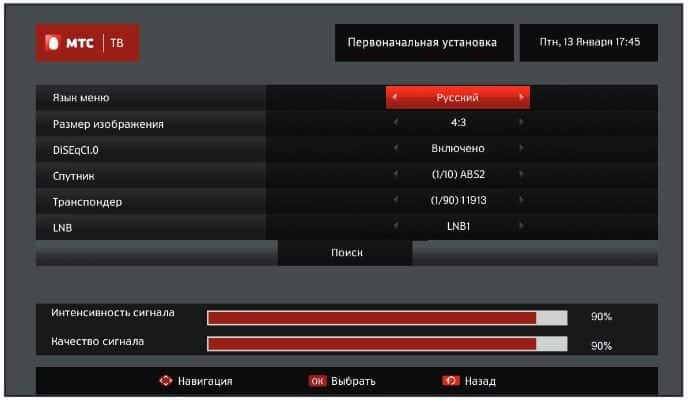
link . The first column is “Frequency” – we can take the required frequency from the table of transponders and frequencies. Initially, you need to understand which spectrum this frequency is included in. We drive in the necessary one using the remote control. The type of polarization is placed in the same column (the letter next to it). Vertical or horizontal (“H”, “V”). All modern receivers support almost all types of polarization. The second column is “Speed/SR”. Data is entered in this column – SR (symbol rate) and FEC (error correction).
The type of polarization is placed in the same column (the letter next to it). Vertical or horizontal (“H”, “V”). All modern receivers support almost all types of polarization. The second column is “Speed/SR”. Data is entered in this column – SR (symbol rate) and FEC (error correction).
SR – this value is equal to what symbol rate your receiver supports. But modern satellite receivers support all kinds of this parameter, and therefore this parameter can be skipped.
FEC– when using modern satellite set-top boxes, this parameter can also be skipped. The third column “Channel Name” is the name of the satellite channel, the signal of which is broadcast from a specific transponder. For example, the name of a TV or radio channel, or the name of an Internet service. The fourth column is “BISS/ID”. The type of encoding and its presence/absence is indicated by this field.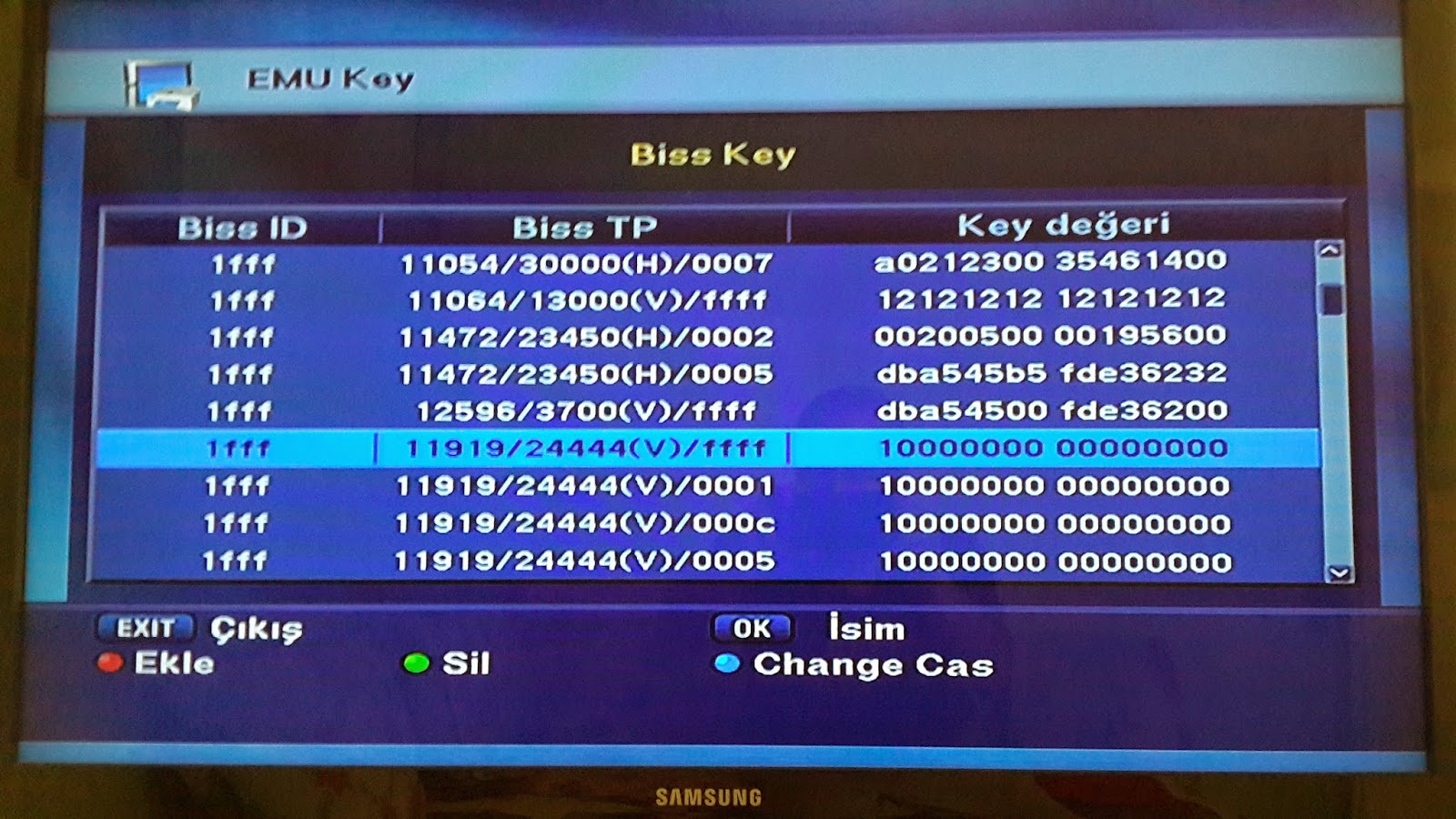 In other words, if there is some kind of encoding in the transponder, then this service is paid. To set up satellite equipment in modern realities, you need to know three values - frequency, type of polarization, type of encoding. Where can I find the current frequencies and transponders for satellite channels? Modern at the moment (mid-2021) above and below in the text, if you need the latest, then there are two options. From printed publications of the desired subject, or on the Internet. If the first option is more suitable, for example, for villagers, then it is necessary to check that the magazine is as late as possible, because satellite channels change frequencies and transponders from time to time. On the Internet, it is enough to drive in such a request “table of satellite transponders”.
In other words, if there is some kind of encoding in the transponder, then this service is paid. To set up satellite equipment in modern realities, you need to know three values - frequency, type of polarization, type of encoding. Where can I find the current frequencies and transponders for satellite channels? Modern at the moment (mid-2021) above and below in the text, if you need the latest, then there are two options. From printed publications of the desired subject, or on the Internet. If the first option is more suitable, for example, for villagers, then it is necessary to check that the magazine is as late as possible, because satellite channels change frequencies and transponders from time to time. On the Internet, it is enough to drive in such a request “table of satellite transponders”.
Download table
Satellite TV transponders from MTS
Frequencies and transponders
of satellite TV from MTS . MTS channel frequencies on ABC-2 satellite:
| Channel name | LED | APID | VPID | Format | Sound. Track |
| 11740V Russia 53 DVD-S2 8PSK SR 45000 FEC 2/3 | |||||
| Home (+4h) | 1603 | 4899 | 4898 | MPEG-4 | Rus. |
| Zvezda TV channel (+4h) | 1604 | 4907 | 4906 | MPEG-4 | Rus. |
| Carousel (+3h) | 1605 | 4915 | 4914 | MPEG-4 | Rus. |
| Carousel (+7h) | 1606 | 4923 | 4922 | MPEG-4 | Rus. |
| HTB (+7h) | 1607 | 4931 | 4930 | MPEG-4 | Rus. |
| HTB (+2h) | 1608 | 4939 | 4938 | MPEG-4 | Rus. |
| HTB (+4h) | 1609 | 4947 | 4946 | MPEG-4 | Rus. |
| First channel(+4h) | 1610 | 4955 | 4954 | MPEG-4 | Rus. |
| First channel(+6h) | 1611 | 4963 | 4962 | MPEG-4 | Rus. |
| First channel(+2h) | 1612 | 4971 | 4970 | MPEG-4 | Rus. |
| Channel 5 (+7h) | 1614 | 4987 | 4986 | MPEG-4 | Rus. |
| Channel 5 (+4h) | 1615 | 4995 | 4994 | MPEG-4 | Rus. |
| Friday! (+4h) | 1616 | 5003 | 5002 | MPEG-4 | Rus. |
| REN TV (+4h) | 1617 | 5011 | 5010 | MPEG-4 | Rus. |
| REN TV (+7h) | 1618 | 5019 | 5018 | MPEG-4 | Rus. |
| Russia 1 (+4h) | 1619 | 5027 | 5026 | MPEG-4 | Rus. |
| Russia 1 (+6h) | 1620 | 5035 | 5034 | MPEG-4 | Rus. |
| Russia 1 (+2h) | 1621 | 5043 | 5042 | MPEG-4 | Rus. |
| STS (+2h) | 1622 | 5051 | 5050 | MPEG-4 | Rus. |
| STS (+4h) | 1623 | 5059 | 5058 | MPEG-4 | Rus. |
| STS (+7h) | 1624 | 5067 | 5066 | MPEG-4 | Rus. |
| TV 3 (+3h) | 1625 | 5075 | 5074 | MPEG-4 | Rus. |
| TV Center (+4h) | 1626 | 5083 | 5082 | MPEG-4 | Rus. |
| TV Center (+7h) | 1627 | 5091 | 5090 | MPEG-4 | Rus. |
| TNT (+4h) | 1628 | 5099 | 5098 | MPEG-4 | Rus. |
| TNT (+7h) | 1629 | 5107 | 5106 | MPEG-4 | Rus. |
| TNT (+2h) | 1631 | 5123 | 5122 | MPEG-4 | Rus. |
| Russia K (+2h) | 1632 | 5131 | 5130 | MPEG-4 | Rus. |
| Russia K (+4h) | 1633 | 5139 | 5138 | MPEG-4 | Rus. |
| Russia K (+7h) | 1634 | 5147 | 5.46 | MPEG-4 | Rus. |
| 5 Channel (+2h) | 1635 | 5155 | 5154 | MPEG-4 | Rus. |
| TV Center (+2h) | 1636 | 5163 | 5162 | MPEG-4 | Rus. |
| REN TV (+2h) | 1637 | 5171 | 5170 | MPEG-4 | Rus. |
| Home (+2h) | 1638 | 5179 | 5178 | MPEG-4 | Rus. |
| Home (+7h) | 1639 | 5187 | 5186 | MPEG-4 | Rus. |
| TV 3 (+2h) | 1640 | 5195 | 5194 | MPEG-4 | Rus. |
| TV 3 (+7h) | 1641 | 5203 | 5202 | MPEG-4 | Rus. |
| Zvezda TV channel (+2h) | 1642 | 5211 | 5210 | MPEG-4 | Rus. |
| Zvezda TV channel (+7h) | 1643 | 5219 | 5218 | MPEG-4 | Rus. |
| Peace (+2h) | 1644 | 5227 | 5226 | MPEG-4 | Rus. |
| Peace (+4h) | 1645 | 5235 | 5234 | MPEG-4 | Rus. |
| Peace (+7h) | 1646 | 5243 | 5242 | MPEG-4 | Rus. |
| Friday! (+2h) | 1647 | 5251 | 5250 | MPEG-4 | Rus. |
| Friday! (+7h) | 1648 | 5259 | 5258 | MPEG-4 | Rus. |
| 11800 V Russia 53 DVB-S2 8PSK SR 45000 FEC 2/3 | |||||
| FTV | HEVS/UHD | 1291 | 2402 | 2403 | English |
| Russian extreme | HEVS/UHD | 1292 | 2410 | 2411 Rus, 2412 Rus AC 3 | Rus. |
| Eurosport 1 | HEVS/UHD | 1293 | 2418 | 2419 Rus 2420 Eng | Russian/English |
Setting up TV channels on MTS TV can be done automatically or, if desired, this is done by the subscriber in manual mode. In the latter case, you will have to drive in the frequencies yourself.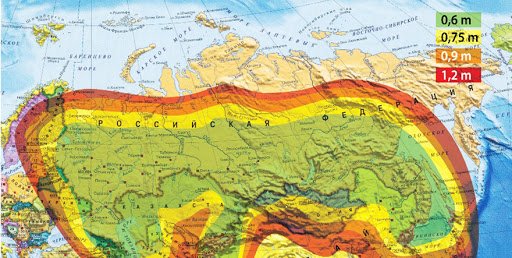
- Fix the supplied antenna on the wall of the building in such a way that the heads are at the required angle to the transponder.
- Position the clamp so that the plate is at an angle of 30° to the horizontal.
- The azimuth of the tilt of the “antenna” must be set to the vertical by 1 °.
- Place the plate at a 137° angle.
- Turn on the TV and check the signal quality.
- If the required quality is not there, it is necessary to rotate the antenna by 1 degree and check the signal quality at each step.
- If you got a set of “TV from MTS”, then the TV channels should be set up automatically.
- If you need to tune the TV yourself, use the transponder data suggested above.
Detailed instructions on how to set up a satellite dish from MTS.
Initial setup
Before you purchase a satellite TV kit from MTS, you should. Check the possibility of installing equipment. For this purpose, it is possible to use a free phone program that can be downloaded from the App Store or Play Market (https://play.google.com/store/apps/details?id=com.esys.satfinder&hl=en&gl=US). An application called “SatFinder”, after you install it on your phone, it will be possible to identify satellites available in a given region.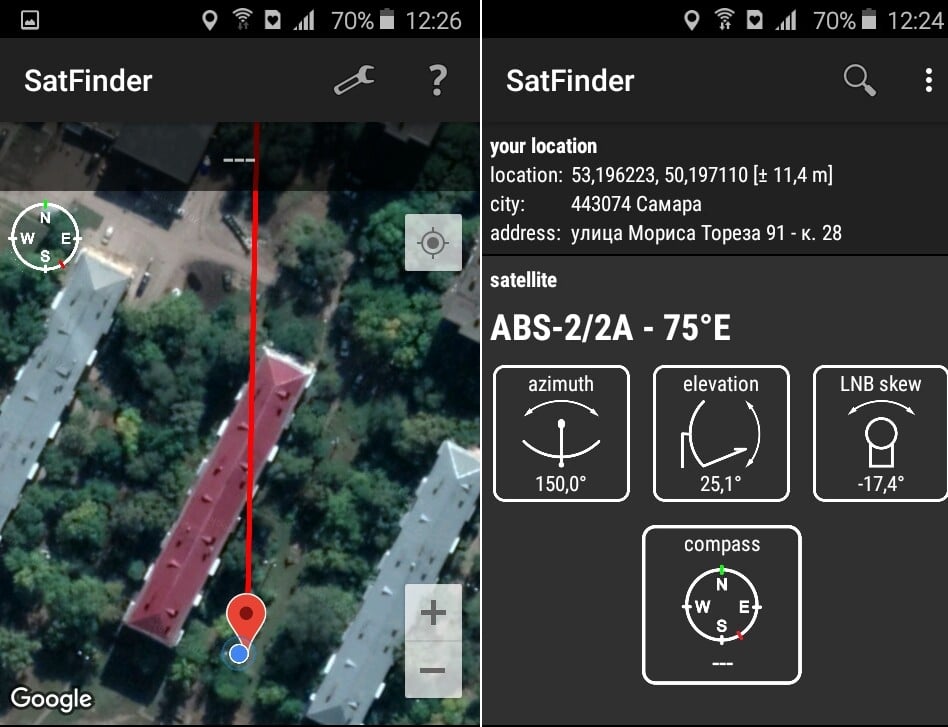 The application allows you to find out the exact location of the satellites, and it will also show you how to correctly position the antenna.
The application allows you to find out the exact location of the satellites, and it will also show you how to correctly position the antenna. A set of MTS equipment for connecting and launching the broadcast of satellite channels [/ caption] After the installation is done, you need to check that nothing interferes with receiving the signal. Trees, buildings and other obstacles will greatly distort the signal. To install satellite equipment, you need the following:
A set of MTS equipment for connecting and launching the broadcast of satellite channels [/ caption] After the installation is done, you need to check that nothing interferes with receiving the signal. Trees, buildings and other obstacles will greatly distort the signal. To install satellite equipment, you need the following:

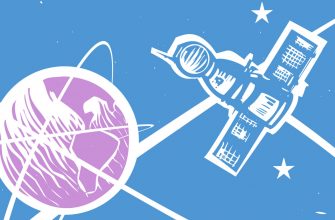
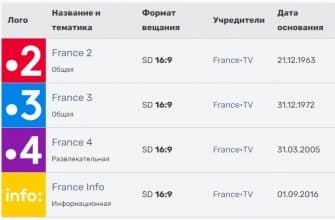

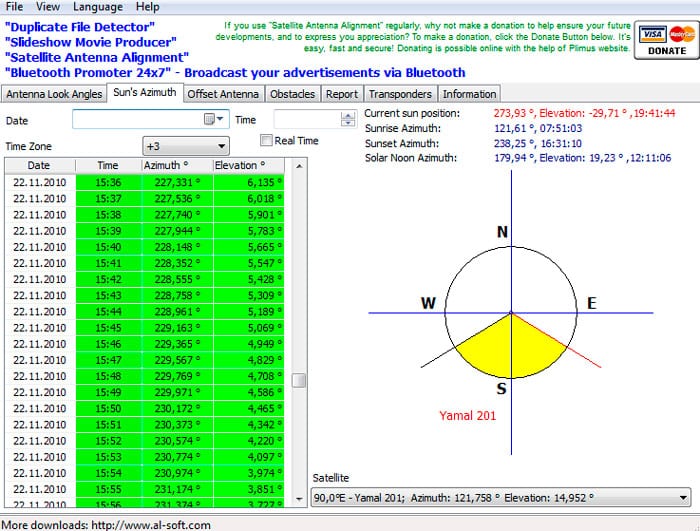
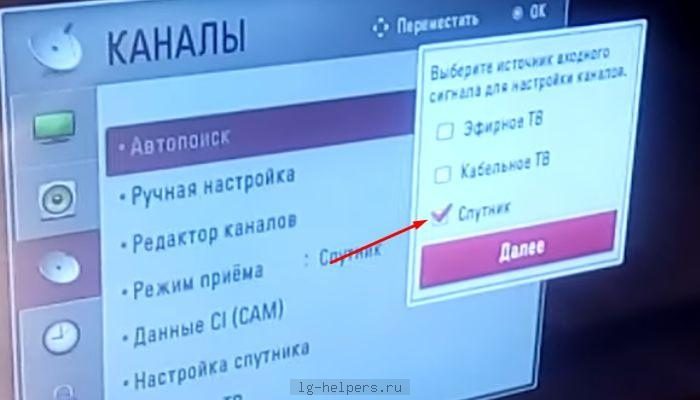

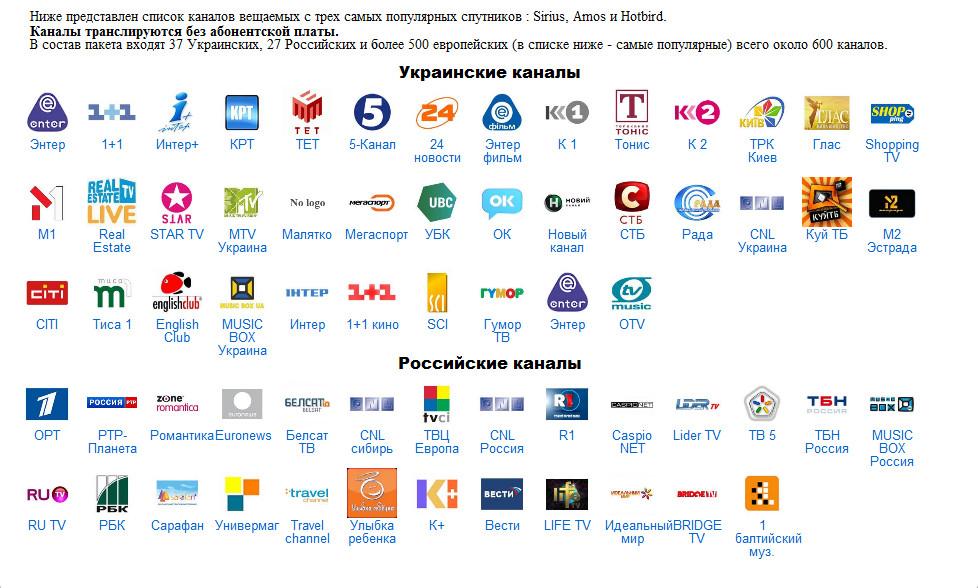
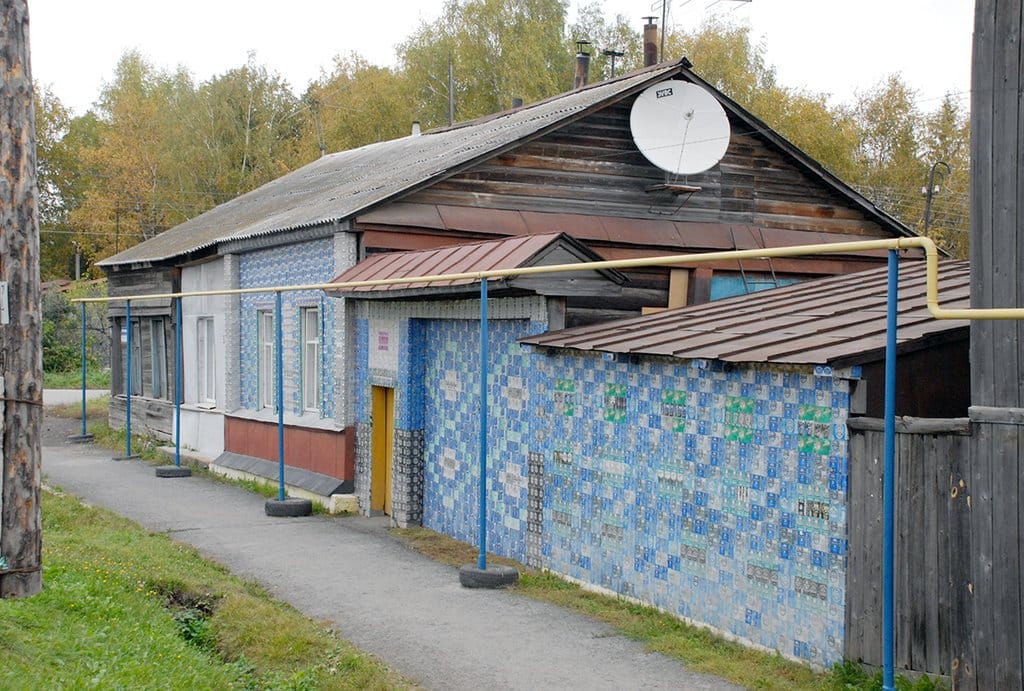
J’ai une télévision sur satellite. Je désire contacter un responsable de satellite pour faire héberger ma chaîne. Je suis au Bénin à Cotonou. Prière m’aider, c’est urgent pour moi. Merci